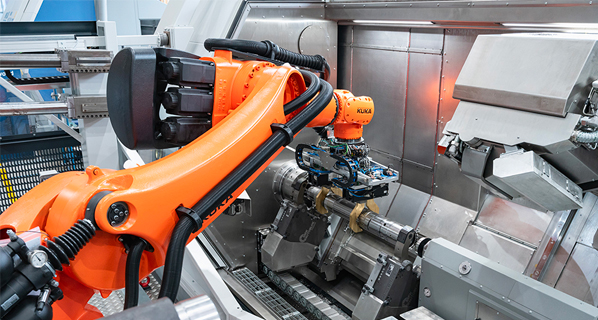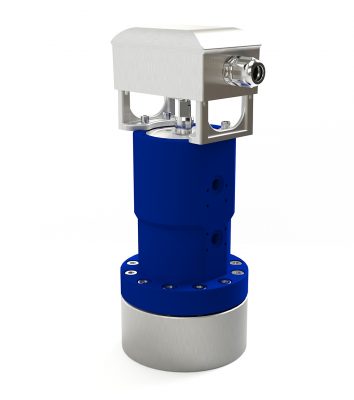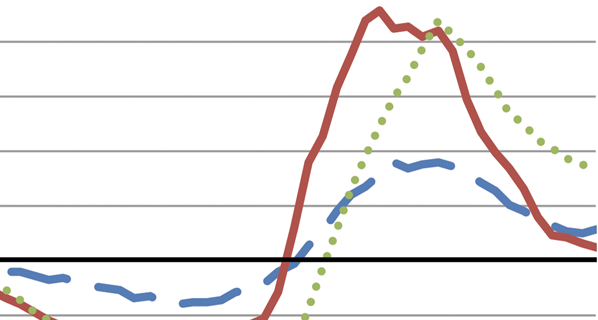You Don’t Use Everything You Learn in School
 By Justin Fluegel, Research and Development Engineer.
By Justin Fluegel, Research and Development Engineer.
Recently my son and I discussed his potential obsolescence as Artificial Intelligence (AI) eliminates some jobs when he attempts to join the workforce. We discussed that many of the mathematical concepts he is learning in middle school math – coordinate dimensions, trend analysis, and basic probability are at the core of the programming driving AI. Forty years ago, computerized spreadsheets augmented engineers’ abilities to analyze data, and the AI of today will evolve into Augmented Intelligence (AgI) allowing for deeper analysis of data.
My son quoted his Opa (Grandpa) as telling him, “You don’t use everything you learn in school.” ChatGPT’s response “The purpose of education is to provide a broad foundation of knowledge and skills that can be approved in various contexts”. This answer takes much of the mystique out of the fantastic powers of Artificial Intelligence. At its core, AI is trained on data sets of human interactions, using mathematics, algorithms, and computer programming developed by engineers – just another machine designed and built by people. Fortunately, we forget things we learned over time and it makes the new technology seem more impressive. AI can process larger volumes of data and answer more complex questions.
I remember starting my engineering career conducting validation testing on hydraulic components and having a very expensive pressure transducer capable of 140 MPa (20,000 PSI) readings and would only utilize it sparingly. Today, transducers are available that are capable of higher pressures and cost less, making it economical to have the transducers provide continuous readings and data. Another change in recent years is the reduction in wiring needed as sensors utilize the wireless spectrum. The ability to place sensors in more locations without hindering the motion of the mechanisms allows the collection of greater amounts of data. Combined with the reduced costs, combination sensors, and new feedback technologies, engineers can have volumes of data telling them in real time how the fluid power system is functioning and its relation to the machine’s movements.
The accumulation and sharing of data will be a critical component in the future successes of equipment manufacturers, users, and suppliers. Each has a vested interest in the collection and evaluation of the data. This information will lead to better predictive maintenance, shorter lead times, and fewer unscheduled repairs.
Data is wonderful, but actionable information based on data delivers results. We asked ChatGPT to rank two major league catchers that played for the same team and both later went on to manage the same team. Its answer was to provide us with a summary and links for us to investigate; like going to the encyclopedia for the answer and then being redirected to the library. My perception is that ChatGPT and other AI is most valuable in analyzing multiple data sets for patterns and trends. In the future, a construction equipment manufacturer will be collecting vast amounts of data on the hydraulic system, engine performance, and using GPS location and weather conditions during operations. What could you ask from this data? Could the aftermarket team analyze the data and make changes in components or settings during a service call to improve efficiencies and/or outputs of the machine? Could the inventory from component suppliers be moved to service centers strategically by AI analysis to reduce logistics?
Artificial intelligence is a misnomer. Augmented Intelligence is more reflective of the technology. Humans develop and program the initial code and datasets. While AI can provide answers and identify new patterns or trends, it will be important for people to review and understand how to turn all this into actionable information. AI is simply a new and improving tool that allows us to answer the age-old engineer’s question – is there a better way to do this?
(Logan Fluegel, aged 10, will be starting middle school in the fall and will be continuing in advanced Math where he will pursue his interest in engineering.)







